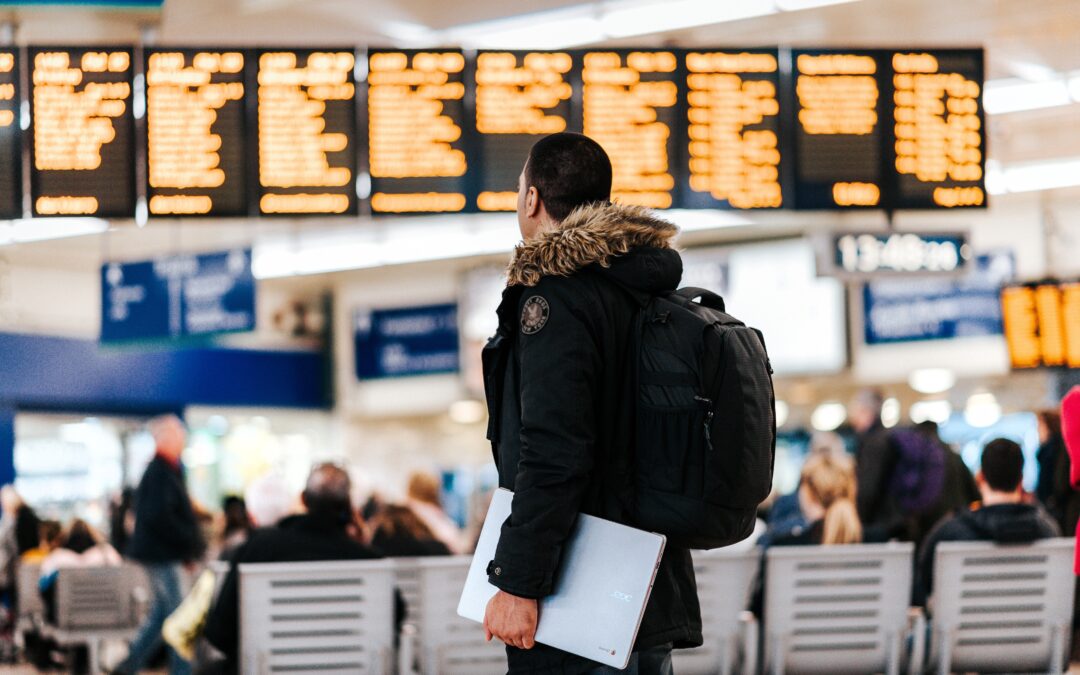As a result of the COVID-19 pandemic, on 25 March 2020, the Department of Home Affairs (‘DHA’) executed an international travel ban which restricts Australian citizens and permanent residents from departing Australia. However, are there exemptions for those may need to depart Australia?
General exemptions to leaving Australia
Australia encourages international visitors to return home when possible to do so, while also enabling Australians whose job is in relation to transport, freight and government business to continue during the COVID-19 Pandemic. According to Section 6 of Biosecurity (Human Biosecurity Emergency) (Human Coronavirus with Pandemic Potential) (Overseas Travel Ban Emergency Requirements) Determination 2020, there are some general exemptions to leaving Australia.
- Anyone who ordinarily resident in a country other than Australia (i.e. tourists);
- Anyone who is member of the crew of an aircraft or vessel (other than the outgoing aircraft or vessel) or is a worker associated with the safety or maintenance of an aircraft or vessel (other than the outgoing aircraft or vessel);
- A person engaged in the day-to-day conduct of inbound and outbound freight;
- A person whose travel is associated with essential work at an offshore facility;
- A person who is travelling on official government business (including a member of the Australian Defence Force).
Accordingly, if you fall into one of the above-mentioned categories, you are able to leave Australia without applying for an exemption.
Special exemptions to leaving Australia
If general exemptions do not apply to your situation, Australia also allows citizens and permanent residents to request approval to travel overseas.
You may be able to apply online by completing a COVID-19 (Novel coronavirus) request to travel form for an exemption to travel if you fall into one of the following categories:
- your travel is as part of the response to the COVID-19 outbreak, including the provision of aid
- your travel is essential for the conduct of critical industries and business (including export and import industries)
- you are travelling to receive urgent medical treatment that is not available in Australia
- you are travelling on urgent and unavoidable personal business
- compassionate or humanitarian grounds
- your travel is in the national interest.
These special exemptions cover most foreseeable scenarios ranging from work to compassionate personal reasons, allowing Australian citizens and permanent residents to leave Australia. However, the Department has the discretion to either grant or refuse an exemption.
What documentary evidences you need to request special exemption to leave Australia?
Depending on the exemption you seek, evidence must be provided and could include:
- proof of ID
- marriage certificates
- birth certificates
- death certificates
- proof of relationship (for example, shared tenancy agreement, joint bank account etc.)
- visa status
- letter from a doctor or hospital indicating why the travel is necessary
- letter from an employer indicating why the travel is necessary or the work undertaken is critical
- letter from a related business or company
- any other proof you may have to support your claims.
All evidence supporting a travel exemption claim needs to be officially translated into English. You should apply for an exemption as early as possible —at least 48 hours before your intended departure time. If granted an exemption, you must take evidence of that exemption to the airport.
Statistics provided by The Department of Home Affairs
The Department of Home Affairs has provided the statistics on the number of people granted permission to exit Australia during the COVID-19 travel restrictions up until 6 May 2020.
The Department suggests that those refusals are often due to insufficient supporting evidence being provided in application. Applicants are encouraged to re-apply and submit the necessary information so their travel exemption could be considered.
If you are an Australian Citizen or an Australian permanent resident, you wish us to assist you in preparing supporting evidence for applying exemptions, please contact our office for a telephone or video conference on (02) 9689 3173.
Disclaimer: This information is current at the time of publication and subject to change. The contents of this blog post is provided for general information only and Kah Lawyers does not accept any liability for any damages suffered by persons who relied on this information. This information does not constitute legal advice and is not intended as a substitute for legal advice.

